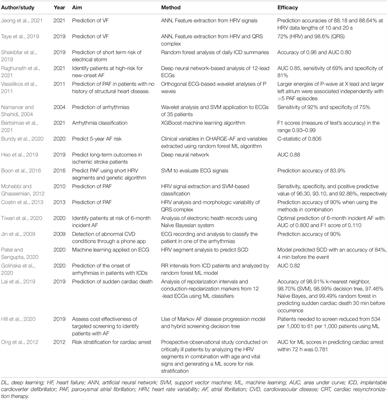EDITORIAL
Published on 28 Feb 2022
Editorial: Advances in Cardiac Pacing and Neural Control Strategies: Basic, Translational and Clinical Research
doi 10.3389/fphys.2022.866991
- 593 views
4,314
Total downloads
15k
Total views and downloads
EDITORIAL
Published on 28 Feb 2022
ORIGINAL RESEARCH
Published on 13 Jan 2022

REVIEW
Published on 02 Dec 2021

ORIGINAL RESEARCH
Published on 07 Oct 2021

BRIEF RESEARCH REPORT
Published on 23 Jul 2021
